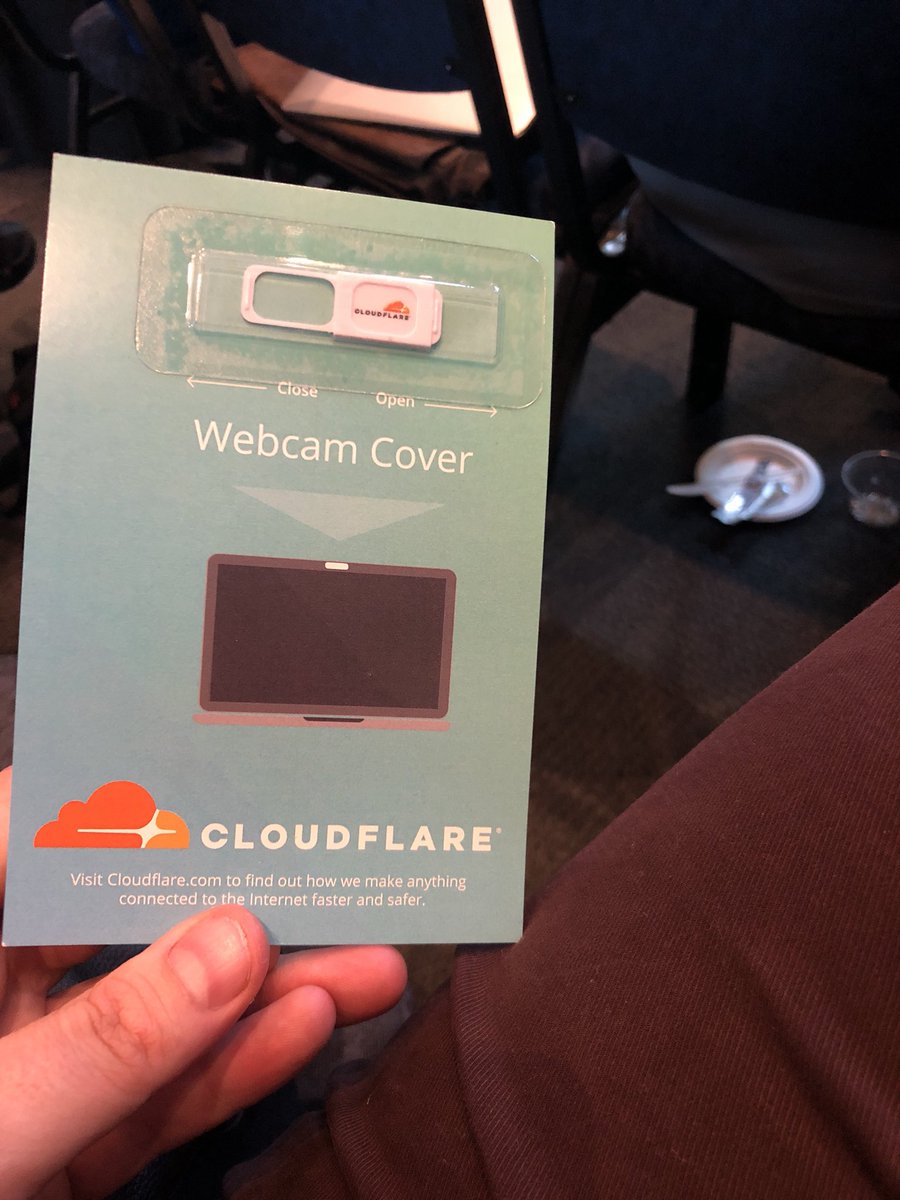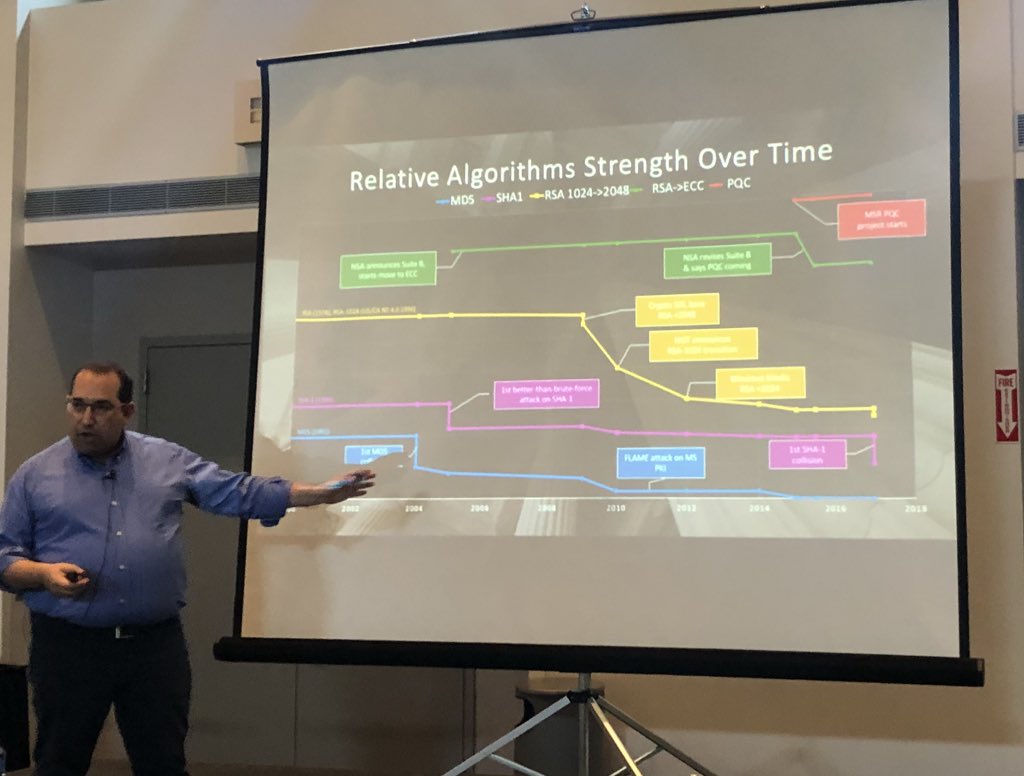If you’re at #DEFCON2018, swing by the @CryptoVillage to see @mahrudsay’s talk about Tor at 1:30pm. I promise it will be very interesting.
If you want to beta test opportunistic onion and are a Cloudflare customer, you can sign up for the beta at onion-beta@cloudflare.com.
• • •
Missing some Tweet in this thread? You can try to
force a refresh







